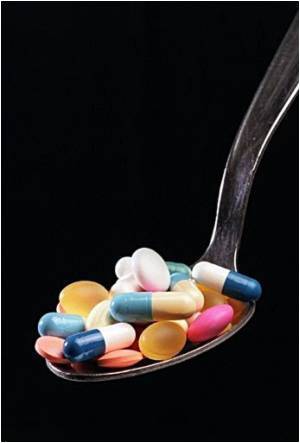
To arrive at their conclusions, the researchers compared three groups of mice, one lean, healthy group and two groups genetically engineered to be obese and have diabetes. When the mice were 6 weeks old, the researchers separated them according to treatment plan. The healthy mice and one group of diabetic mice, the untreated diabetic group, were fed a regular rodent diet. The remaining group, the treated diabetic group, was fed a diet enriched with chromium picolinate.
Over the course of 6 months, the researchers measured glycemic control and albuminuria in all three groups. The untreated diabetic mice excreted nearly 10 times more albumin than the db/m mice, which was to be expected. However, the treated diabetic mice, who were fed the diet with chromium picolinate, excreted about half as much albumin compared to their untreated diabetic counterparts.
At the end of 6 months, the mice were euthanized and the researchers studied tissue samples from the mice's kidneys. They found that the untreated diabetic mice had marked immunostaining for interleukin 6 (IL-6) and interleukin 17 (IL-17), two cytokines associated with inflammation. These mice also had moderate immunostaining for indolamine 2,3-dioxygenase (IDO), an immunoregulatory enzyme that modulates the production of IL-6 and IL-17. However, the treated diabetic mice had intense immunostaining for IDO but reduced IL-6 and IL-17 compared to the untreated diabetic group. The implication is that the chromium picolinate may have reduced inflammation in the treated diabetic group by affecting IDO, IL-6, and IL-7.
Source-ANI














